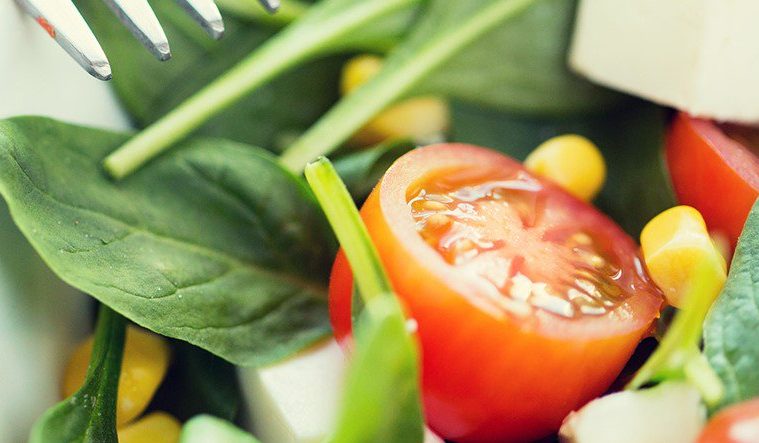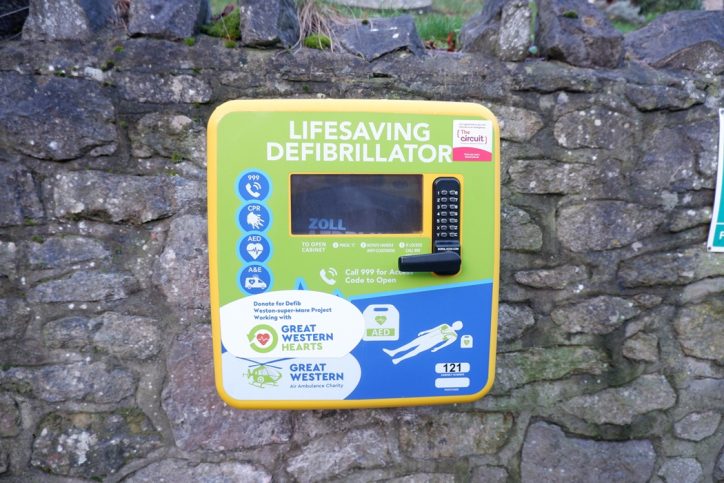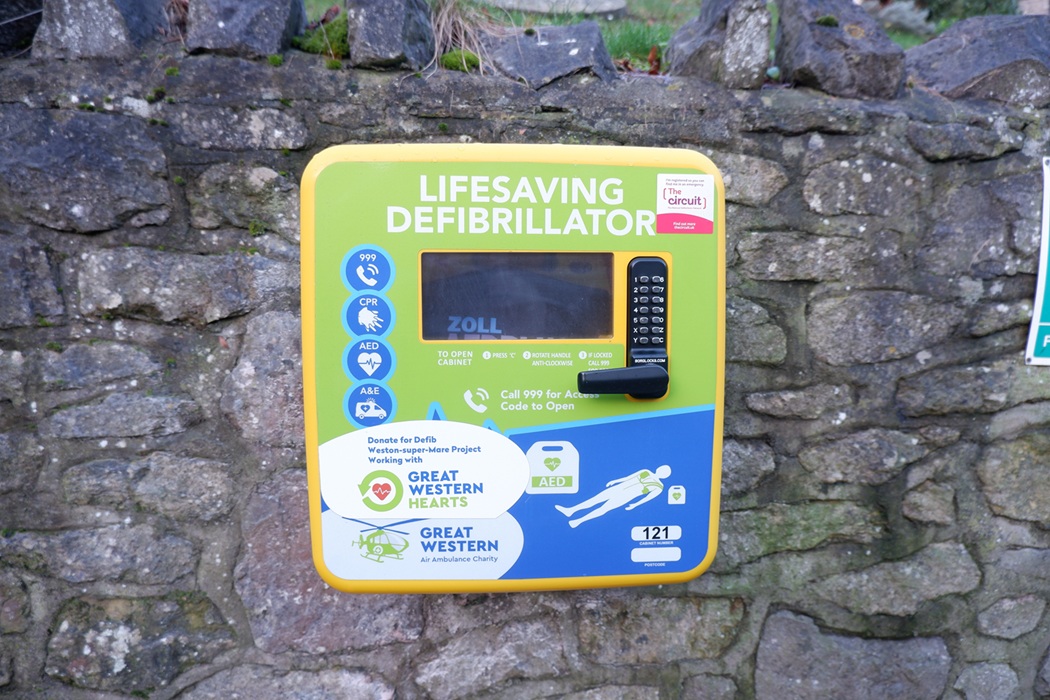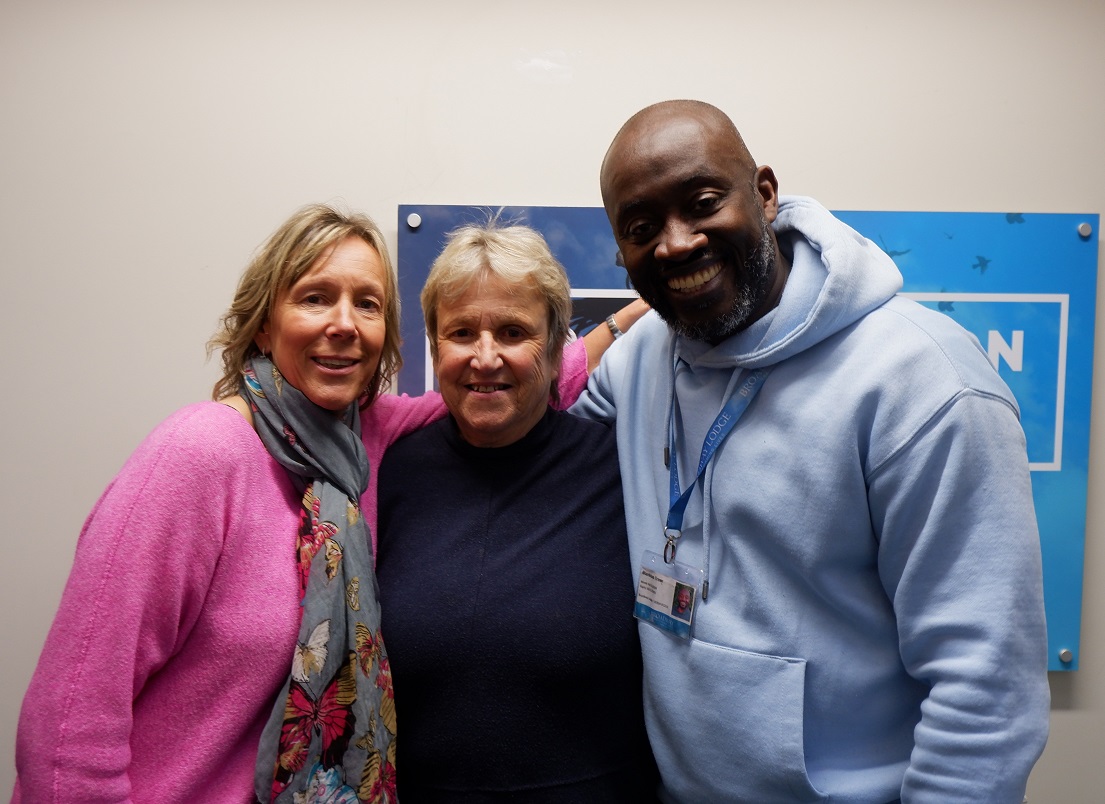The important role of diet in addiction recovery can be easily overlooked when many treatments for substance addiction focus on the psychological and immediate physical aspects of recovery. However, a healthy diet can play a crucial role in tackling addiction and increasing the likelihood of successful recovery.
The importance of a good diet in recovery
For everyone, addict or otherwise, it is important to maintain good physical health through good nutrition and exercise. The NHS provides extensive advice on eating a healthy, balanced diet. A lack of adequate vitamins, proteins and healthy carbohydrates and fats can lead to a variety of medical problems.
For those struggling with drug, alcohol or other substance dependence, fresh, healthy food can be the last thing on their mind. Yet paying attention to having a good diet is vital in the recovery process. The harmful substances abused will already have depleted, and often damaged, the body – for example:
- Alcohol addiction – Those addicted to, or dependent on, alcohol will often also have bad nutrition. Alcohol is high in calories (at 7 calories per gram it is second to fat which has 9 calories per gram). The high ‘empty-calories’ do not contain important nutrition but will often leave drinkers feeling full. Over time thus can even lead to malnutrition in alcoholics. (1)
- Opiate drug addiction – Addicts become preoccupied with chasing their next high and neglect eating and other aspects of their health. A recent academic study observed that “intravenous drug users prefer foods that are easily ingested and digested (e.g. sweets) because of compromised gastrointestinal function and altered reward processing.” (2)
In fact, drug and alcohol abuse will have significantly damaged many healthy digestive processes of the body, leading to, for example, indigestion and constipation. This leaves sufferers with a poor appetite. These secondary health effects of addiction can severely affect the addict.
Why diet is important in recovery
In recovery it is important to tackle the harmful relationship between substance abuse and poor nutrition.
- People addicted to alcohol and drugs have been shown to be deficient in iron or vitamins. One study found that chronic substance abusers had low vitamin A levels (in 21% of the subjects), low iron levels (in 18%), low-range potassium (in 12%), and low vitamin C levels in 8%). (3)
- Having a nutritional and balanced diet gives your body the best chance of dealing with withdrawal symptoms during detoxification, a process for ridding the body of harmful substances
- Maintaining a good diet enables addicts to feel stronger, in body and mind, to address their addiction and resist any temptations to relapse.
- A good diet will boost mood, improve energy levels and keep stress levels in check – all vital for patients undergoing alcohol and drug treatment.
- Weight gain can be a concern for some people in recovery. Some experts have observed that a “history of substance abuse has been linked to low distress tolerance, which may lead to eating in response to emotions, often referred to as “emotional eating.” (2)
Learning to eat well
In tandem with the early phases of recovery, it is important to educate individuals about improving their dietary habits. One of the best things an addict can do is to ditch junk food and learn to shop for and cook fresh, healthy foods. Good treatment centres will offer advice on nutrition, grocery shopping and preparing easy and healthy meals. Good dietary skills will help addicts to make a transition to a healthy life after they have left treatment. Experts also say that this will help prevent relapse and increase the chances of longer recovery.
A good diet while you are on the path to recovery can be a powerful tool – not only does it play an active role in your recovery but it will increase your quality of life generally so that you can enjoy sobriety to the fullest.
At Broadway Lodge we believe in the power of a healthy diet. We aim to equip those in recovery with information about good nutrition so that it complements our effective detoxification and recovery programme.
Sources:
- Nutrition and addiction – can dietary changes assists with recovery? Margherita Grotzkyj-Giorgi. Drugs and Alcohol Today. Vol 9 Issue 2 (June 2009)
- 2. Registered Dietitian Nutritionists in Substance Use Disorder Treatment Centers. David A.WissMS, RDNet. al. Journal of the Academy of Nutrition and Dietetics. Nov 2017
- Prevalence of malnutrition and nutritional risk factors in patients undergoing alcohol and drug treatment. Ross, L.J., Wilson, M., Banks, M., Rezannah, F., Daglish, M. Nutrition. 2012; vol 28:738–743.
– Eating a balanced diet. National Health Service website. 2016










